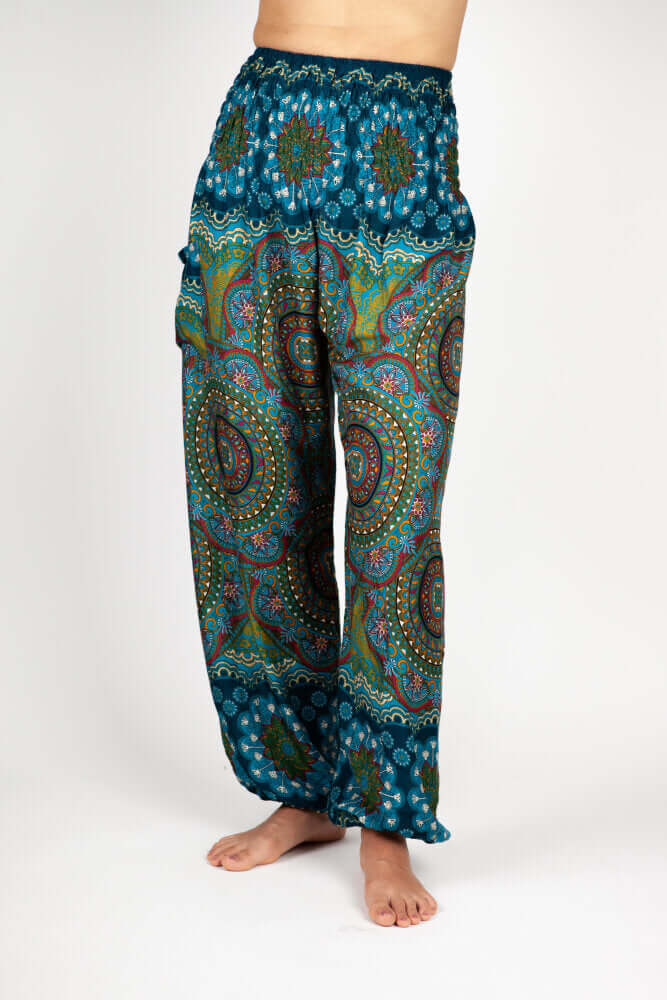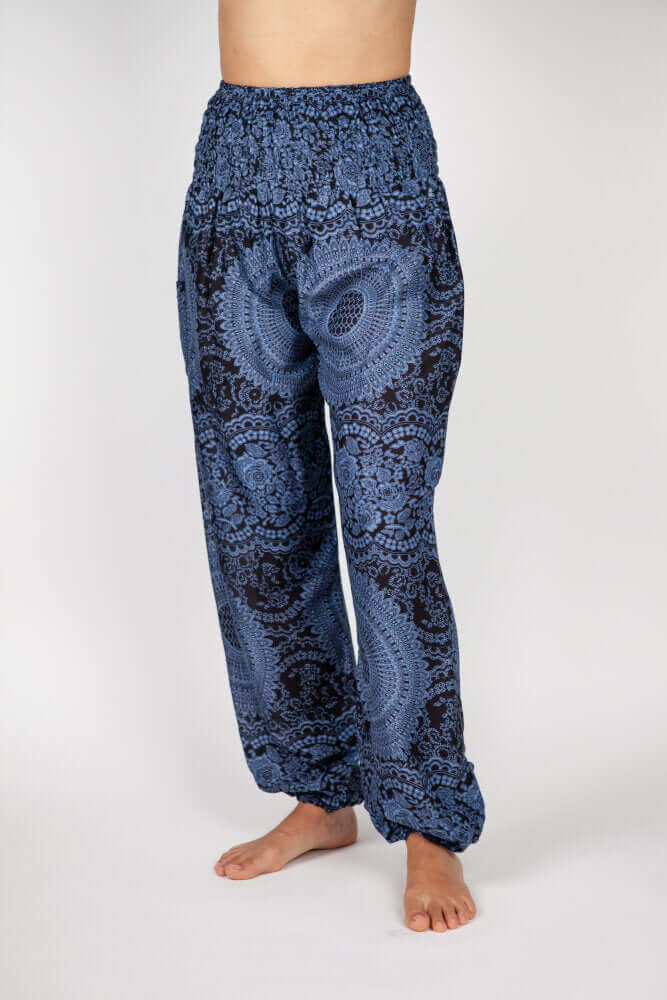
Inhaltsverzeichnis
Home remedies & Homemade detergent – useful or harmful?
From an ecological perspective, there are several arguments in favor of homemade laundry detergent. For example, less plastic is wasted and only ingredients you've chosen yourself are used. Unfortunately, there are also arguments against using homemade laundry detergent. You can find out what these are and what we can conclude from them here.
Why would you want to make your own detergent?
Those who want to live more consciously and sustainably begin to question their own habits. These include, for example, diet, consumer behavior, or even cleaning and washing habits.
It's obvious that a lot of plastic is used in the production of commercial detergents. In addition to packaging waste, frequently used, hazardous chemicals also speak against the sustainability of detergents. Many detergents are not fully biodegradable. By making your own detergent, you can determine which ingredients ultimately find their way into the product. This way, you can also ensure, for example, that the final product contains no animal-derived ingredients. You also save money and packaging.
Another reason for wanting to switch to a do-it-yourself (“DIY”) option can be allergic reactions that conventional detergents sometimes trigger on the skin.
How is DIY laundry detergent made?
Homemade laundry detergent is quick to make and consists of just a few ingredients (which can, of course, be expanded as desired). The core components are washing soda, grated soap, and water. Essential oils are usually added to give the detergent a personalized scent. Depending on the recipe, citric acid, vinegar, or rubbing alcohol are sometimes added. Once the mixture has been mixed in the correct proportions, heated, and then cooled, it is poured into old laundry detergent containers or a jar with a screw lid. The good thing about these containers is that they can be reused over and over again, avoiding plastic waste.
The specially prepared detergent is then poured into the detergent drawer as usual before the wash cycle.
If you are interested in making your own detergent, a quick Google search will reveal many different recipes with detailed quantities and preparation instructions.
In addition to homemade detergent, there are also some household remedies that can be helpful in washing and your Favorite pants or -tops let it shine again.
3 household washing remedies you definitely have at home
1. Revive faded colors with salt and pepperYou may already use salt in your household as a first-aid remedy for stains, such as red wine. Salt, like pepper, is also effective at rinsing out soap residue left in washed fabrics. Over time, this soap residue causes clothes to become duller and less shiny. Simply add a teaspoon of salt and/or (ground) pepper directly to the washing machine and then wash your laundry at a low temperature.
2. Grey veil, no thanks! Where baking powder can helpMany white textiles fade over time and acquire a grayish hue.And this is despite making every effort to strictly separate white and colored laundry. This gray haze is often caused by dust and dirt that has found its way into the washing machine. A household remedy can help here, too: The sodium bicarbonate contained in baking soda cleans fibers deep down. Simply pour a packet of baking soda into the washing machine drum before your next wash. This will make your white laundry sparkling white again and leave it smelling pleasant.
3. Clean, fragrant laundry thanks to lemon juiceLemons not only contain valuable vitamins, but also helpful citric acid. This is effective against dirt and can, for example, remove limescale from clothing. This makes them an excellent natural cleaning agent. Another advantage: lemons have a fresh aroma, making your clothes smell even cleaner. Simply cut a lemon in half and squeeze one of them. Now add the juice to the washing machine before your wash cycle. For stubborn stains, you can also pour the juice directly onto the clothes and let it work.

What's wrong with homemade detergent?
Despite its many benefits, DIY laundry detergent is repeatedly criticized. It is said to cause long-term damage to clothes AND washing machines. The biggest difference between homemade laundry detergent and conventional laundry detergent is that DIY laundry detergent relies on the power of soap, while conventional laundry detergent contains enzymes and surfactants. These remove dirt from laundry even at low temperatures and in small amounts.
But what's the problem with soap? After the wash cycle, there's usually still soap residue in the clothes; it's not completely rinsed out. If you've washed clothes by hand, you might know that it takes a lot of friction, time, and water to rinse out all the soap residue. Additionally, limescale can form if the water contains a lot of lime. This means the soap no longer has any cleaning effect. Another point against soap is that soap or limescale residue builds up in the clothing and in the washing machine, trapping dirt, bacteria, and grease. Over time, such deposits not only damage the fabrics but also the washing machine. So, considering this long-term damage, it can be argued that DIY laundry detergent isn't cheaper in the long run than conventional detergent.
Because only a relatively small amount of soap is used per wash cycle with homemade detergent, it is also argued that the laundry does not get properly clean and that a gray film forms.
To remove soap residue from clothes during the wash cycle, vinegar is often added to homemade laundry detergent. Unfortunately, the combination of the acid in the vinegar and the metal of the washing machine significantly shortens its lifespan.
Conclusion
In principle, there's nothing wrong with using homemade detergent, for example, for handwashing, as the soap it contains can be thoroughly rinsed out. It's also worth noting that conventional detergents can also cause deposits in the washing machine. Therefore, you should clean your washing machine regularly and run it at 60 degrees Celsius about once a month.
Additionally, for normal soiling without heavy stains, water, heat, and friction are usually sufficient to clean the clothes. The lower effectiveness of the (curd) soap in DIY laundry detergents doesn't really matter here.
If you want to use household remedies like baking soda, lemon, or salt, feel free to do so. However, you should be careful how often you use these foods, as the salts and acids can cause long-term damage to your washing machine.
Ultimately, everyone has to decide for themselves whether they want to make their own detergent or continue using conventional detergent to avoid any risks.
What you can and should definitely do is look for more sustainable laundry detergent. Eco-friendly laundry detergent should be free of chlorine, phosphates, and parabens. You should also look for an environmental seal to ensure the product is free of microplastics.
If you want to learn more about topics such as environment & sustainability, mindfulness, family and pregnancy or healthy nutrition, Check out some exciting blog articles about it here.




























Leave a comment
This site is protected by hCaptcha and the hCaptcha Privacy Policy and Terms of Service apply.